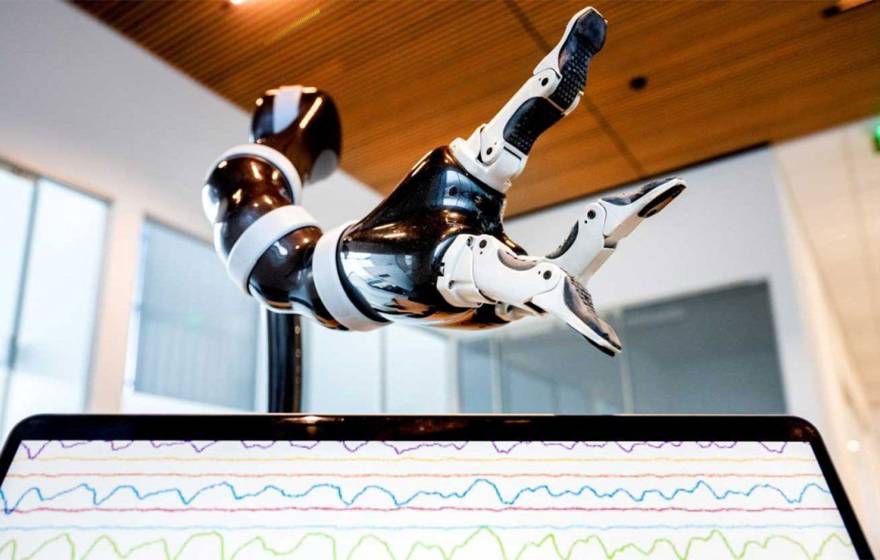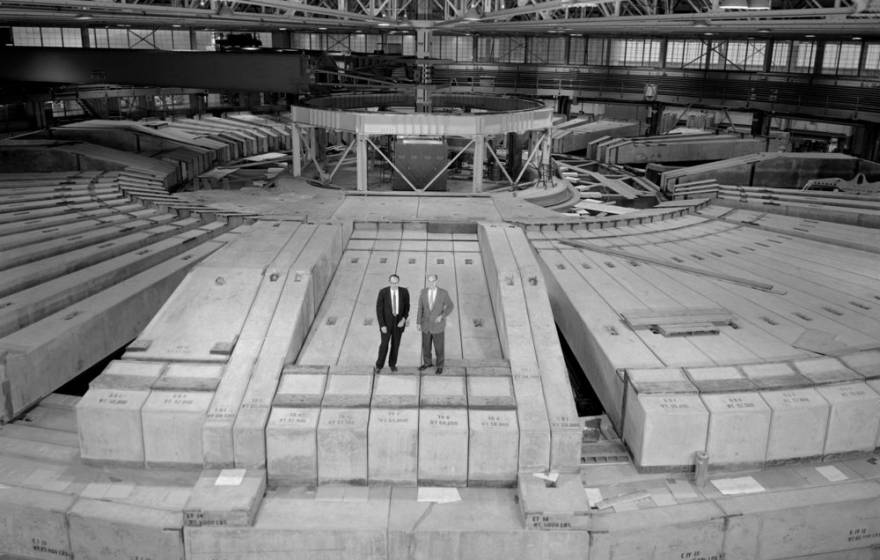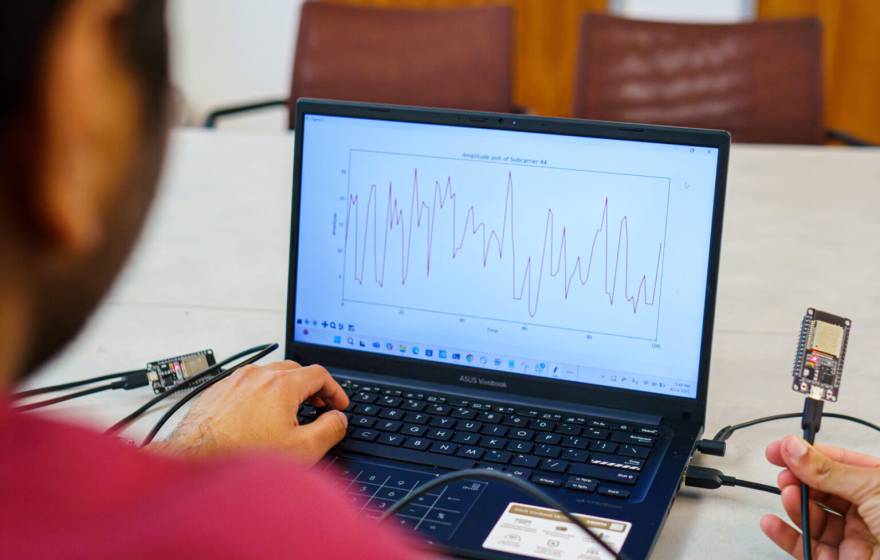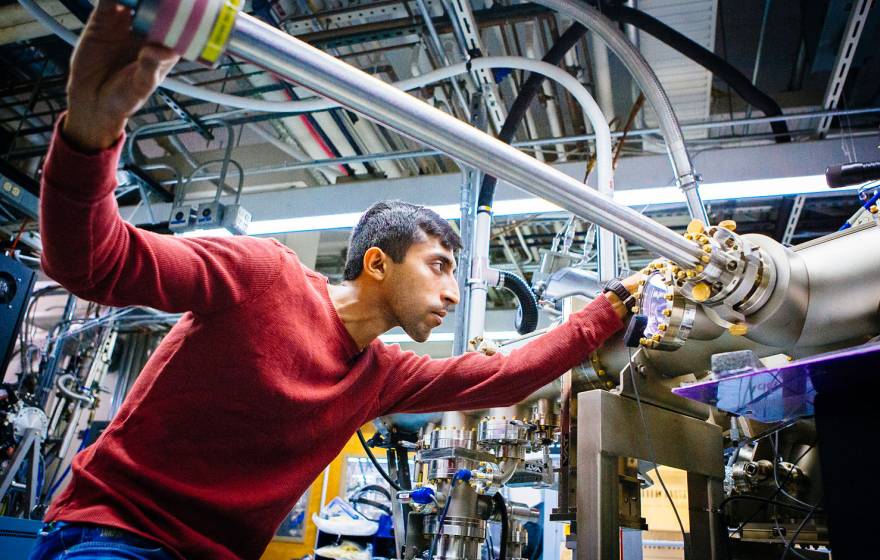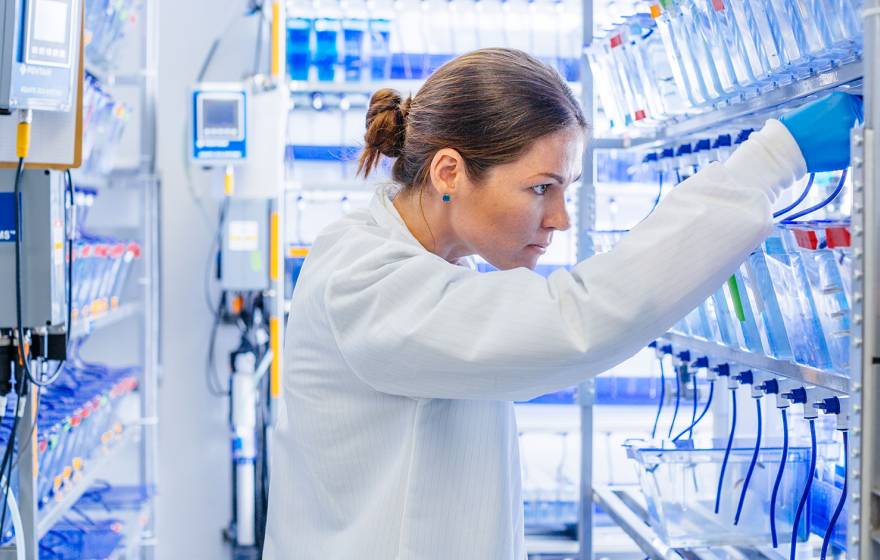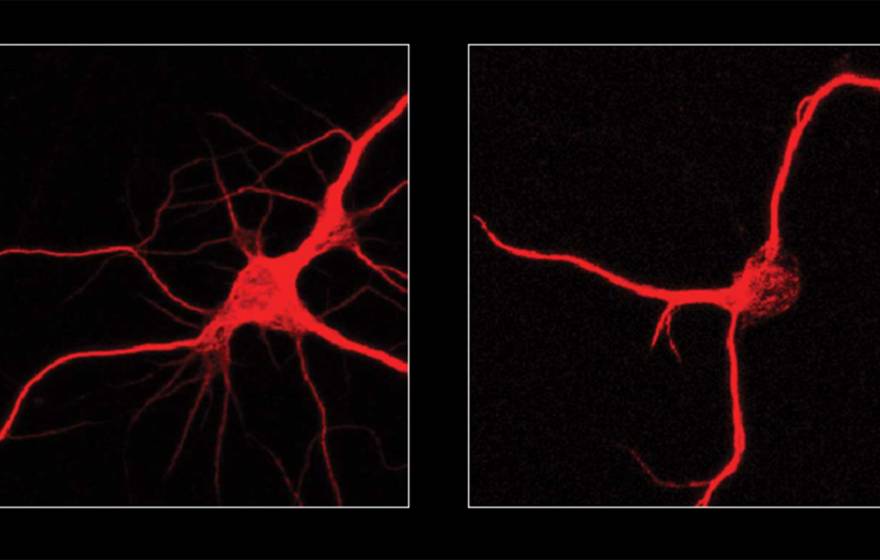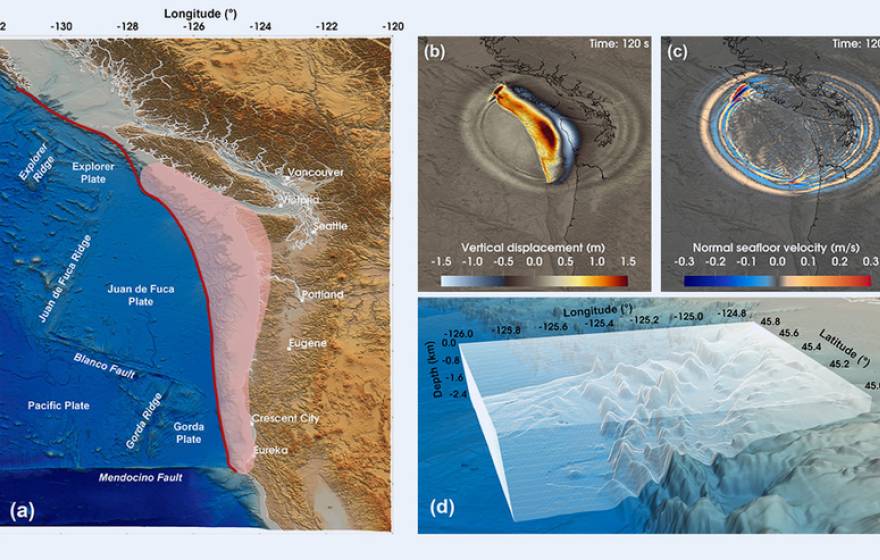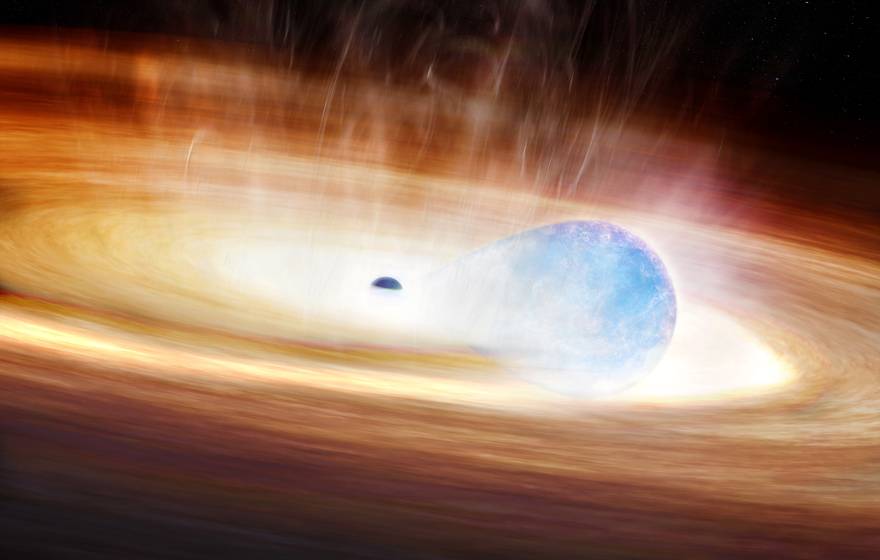UC Newsroom |
Thrilling progress in brain-computer interfaces from UC labs
UC researchers and the patients they work with are showing the world what's possible when the human mind and advanced computers meet.
UC Newsroom |
How the US became a science superpower
America's leadership "isn't some fixed, unchanging feature of the scientific landscape," says one UC historian.
UC Santa Cruz |
WiFi signals can measure heart rate — no wearables needed
Engineers prove their technique is effective even with the lowest-cost WiFi devices.
UC Santa Barbara |
Video game addiction in teens likely stems from preexisting mental health issues
Teens who have depressive symptoms and social issues are more likely to get stuck in a cycle of problematic gaming.
UC Riverside |
Pioneering a way to remove private data from AI models
A new innovation addresses the need to strip AI models of private and copyrighted content.
UC Davis |
Wheat that makes its own fertilizer
A bacterial work-around developed by UC Davis plant scientists aims to reduce pollution and lower costs for farmers.
UC Office of the President |
UC launches Speak Up for Science campaign as critical research faces unprecedented federal threats
As the University of California faces funding threats at the federal level, the University’s scientific community is coming together to amplify the life-saving research happening at UC through the Speak Up for Science campaign.
UC Newsroom |
Critical research hangs in the balance as UC faces unprecedented federal threats
Explore some of the research happening at UC that’s poised to deliver transformative benefits to the American people.
UC Newsroom |
As Congress debates next year’s federal budget, join UC in speaking up for science
A growing movement of citizens, students and scientists is mobilizing to send a resounding message to America’s elected leaders.
UC San Francisco |
This protein slows the aging brain, and we know how to counter it
Research from UC San Francisco identified a protein associated with cognitive decline, and then designed a therapy to help neutralize its effect on the brain.
Lawrence Livermore National Laboratory |
Scientists explore real-time tsunami warning system on world’s fastest supercomputer
An advanced, real-time tsunami forecasting system could dramatically improve early warning capabilities for coastal communities near earthquake zones.
UC Santa Cruz |
UC Santa Cruz-based survey uses AI to spot explosive stellar death by black hole
Machine learning enables real-time detection of fleeting anomalies before they fade away.
